Curious about the health benefits of rose tea? It helps reduce stress, aids skin health, and promotes hydration. Enjoy a cup for a healthier you.

Have you ever sipped a steaming cup of rose tea? With its delicate floral aroma and soothing properties, rose tea isn’t just a treat for the senses—it’s also a powerhouse of health benefits. In traditional medicine, rose tea has been cherished for its role in enhancing overall health. Packed with vitamin C and bioactive compounds, this herbal infusion is a natural ally in boosting your immune system. It’s got antioxidants to tackle free radicals, helping combat oxidative stress and premature aging.
But rose tea doesn’t stop there! Its anti-inflammatory and antibacterial properties are a gentle way to support digestive health and even soothe sore throats. For those dealing with menstrual pain, a warm cup can offer much-needed relief, while its calming effects might just help you unwind at the end of a hectic day.
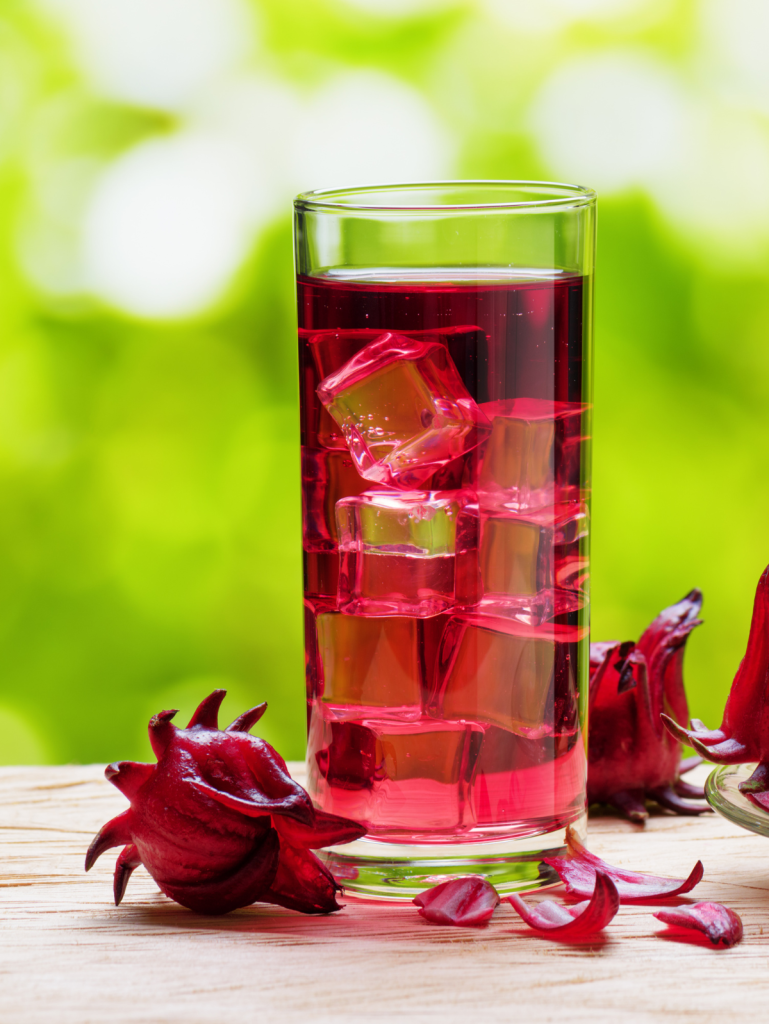
Nutritional Profile of Rose Tea
Have you ever wondered what makes rose tea such a popular choice for so many people around the world? It’s not just about its delightful floral aroma or the calming effect it has. This herbal infusion is packed with vitamins, minerals, and antioxidants that can benefit your overall health.
Vitamins and Minerals
Rose tea isn’t just about the scent of roses; it’s a healthful brew packed with essential vitamins and minerals. One of the stars here is Vitamin C, a powerful antioxidant that can support your immune system, helping fend off those pesky colds. It’s like having an immune-boosting superhero in your cup!
- Vitamin C: Supports the immune system and promotes skin health.
- Vitamin A: Essential for vision and a healthy immune system.
- Calcium: Helps maintain strong bones and teeth.
- Iron: Vital for blood production and energy.
- Vitamin E: Known for its skin health benefits.
In addition to these, rose tea contains smaller amounts of other essential minerals, making it a well-rounded choice for anyone looking to boost their daily intake of vitamins and minerals.
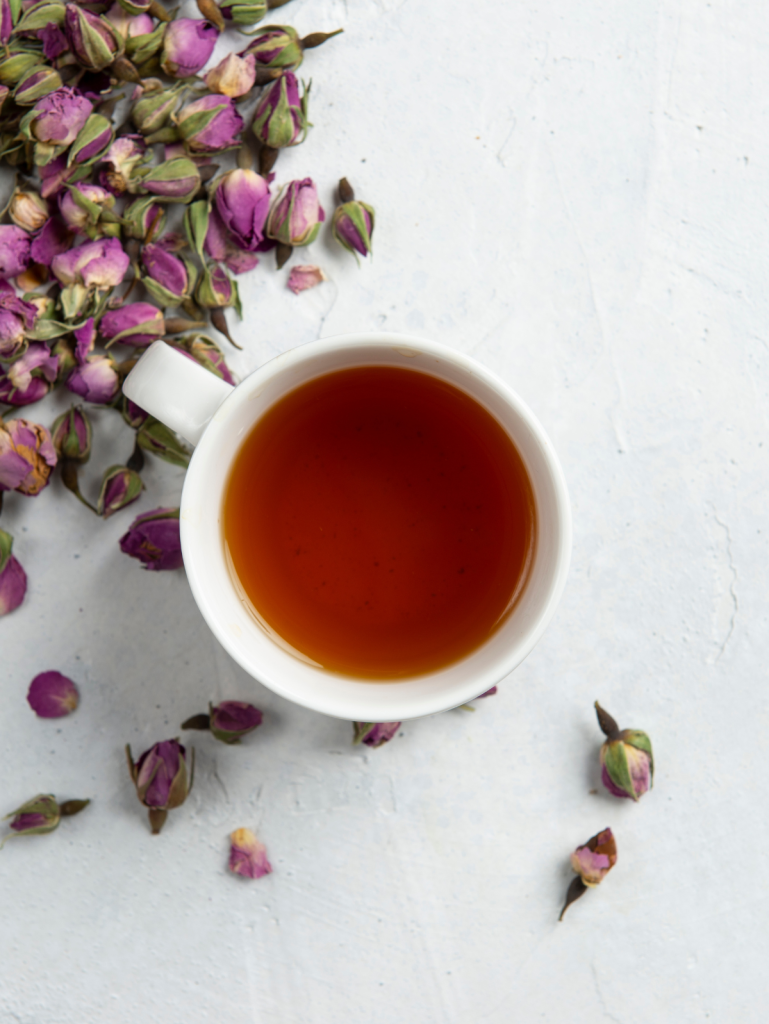
Antioxidant Properties
If you’re seeking a way to combat oxidative stress, look no further than rose tea. It contains several antioxidants that help neutralize free radicals, which can lead to cellular damage and premature aging. Pretty cool, huh?
Antioxidants in rose tea include:
- Gallic acid: Known for its anti-inflammatory properties, it supports heart health.
- Quercetin: Believed to aid in reducing blood pressure and improving circulation.
- Anthocyanins: These are the compounds that give rose petals their vibrant color and help protect cells from damage.
By sipping on rose tea, you’re not only indulging in a tasty drink but also giving your body a little extra help to stay healthy. It’s like wrapping your cells in a protective blanket, shielding them from potential harm.
So next time you’re brewing a cup of rose tea, you’ll know you’re not just enjoying its delicate flavor but also nourishing your body. Doesn’t that make each sip all the more satisfying?
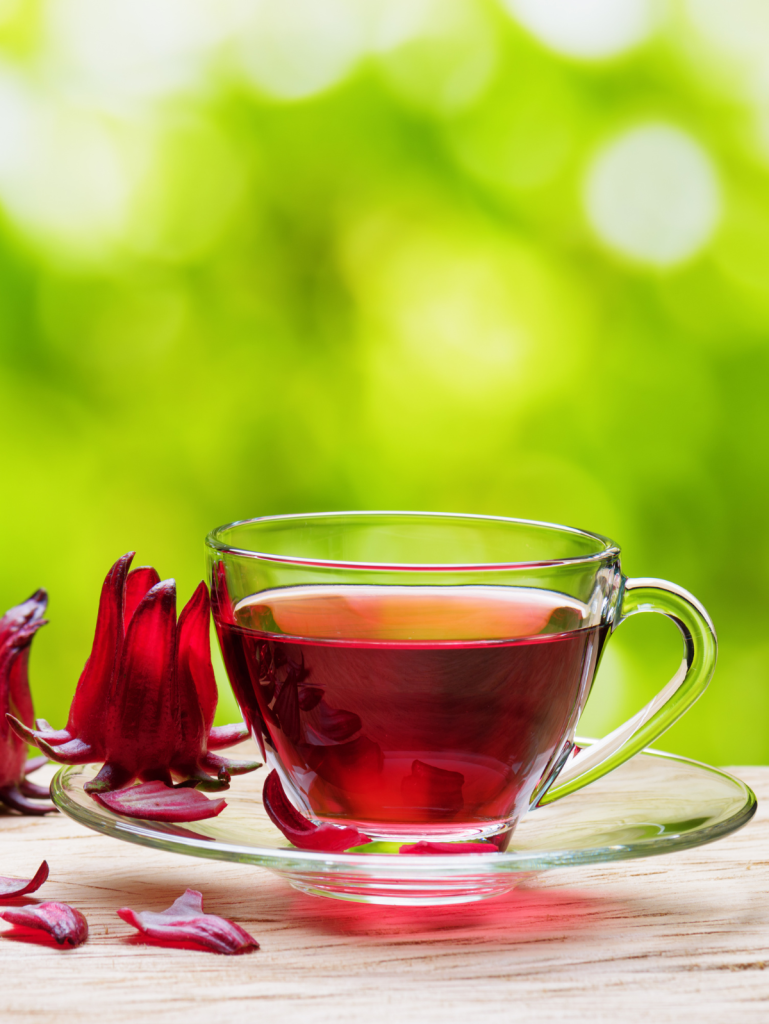
Health Benefits of Rose Tea
If you’re in search of a soothing beverage that packs a punch for your wellness routine, look no further than rose tea. This delightful brew offers a range of health benefits that can make sipping a cup feel like a wellness retreat in a mug. From boosting your immune system to promoting beautiful skin, rose tea has a lot to offer.
Boosting Immune System
Did you know that rose tea is a powerhouse for your immune system? This fragrant beverage is rich in Vitamin C, a vital nutrient that helps your body fend off nasty bugs and colds. Vitamin C acts as an antioxidant, helping reduce oxidative stress and shielding your cells from damage caused by free radicals. Here’s a fun fact: a single cup of rose tea contains more Vitamin C than an orange! So next time you feel a tickle in your throat, consider reaching for a warm cup of rose tea for a natural immunity boost.
Improving Digestion
If your stomach is feeling a little off, rose tea might be just what you need. This herbal brew works wonders as a digestive aid, helping to soothe an upset stomach and ease digestion. It’s known for its mild laxative effect, which can help keep things moving smoothly and combat bloating. Plus, sipping on rose tea can increase your fluid intake, which is crucial for maintaining optimal digestive health. So, if you’re feeling bloated or suffering from indigestion, a cup or two of rose tea might just be your belly’s best friend.
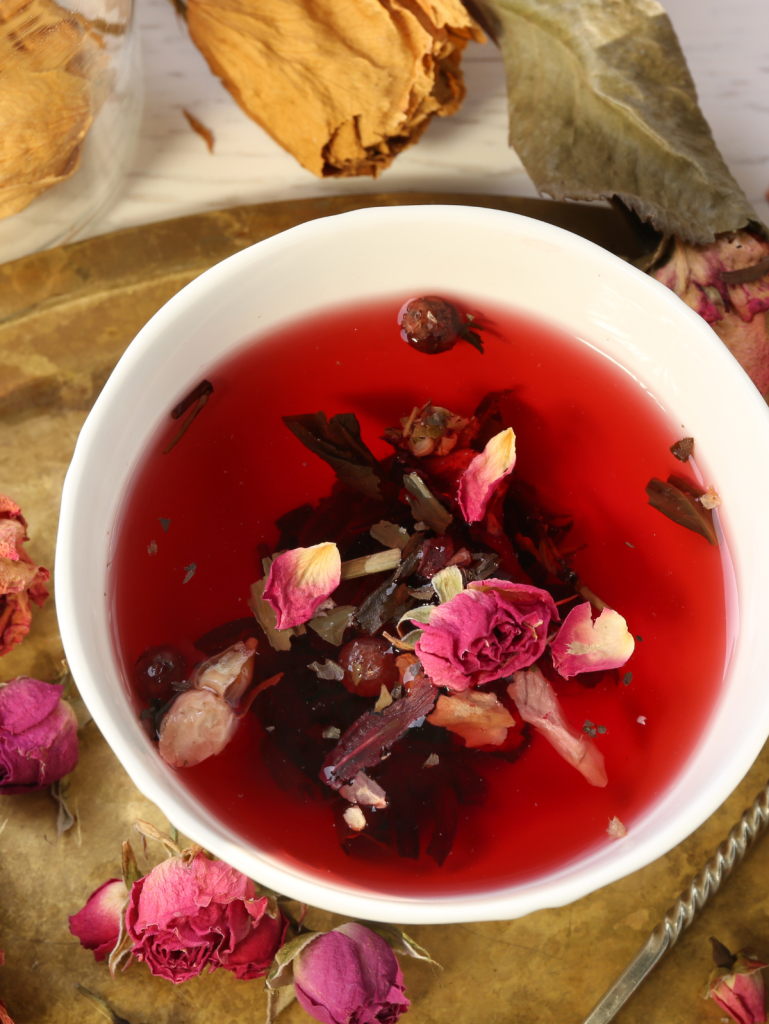
Skin Health Benefits
Who doesn’t want gorgeous, glowing skin? Thanks to its high antioxidant content, rose tea may help you achieve just that. These bioactive compounds fight off free radicals and can improve skin elasticity, combating the signs of premature aging like fine lines and dark circles. The tea’s anti-inflammatory properties can also help calm skin conditions such as acne or redness. Drinking rose tea regularly might just become your new favorite skin secret!
Reducing Stress and Anxiety
Life can be stressful, but rose tea is here to help! The calming effect of rose tea is renowned for helping to reduce stress and anxiety. The delicate floral aroma acts as a natural relaxant, soothing your mind and body. Drinking a cup of this herbal infusion before bed might also improve your sleep quality, ensuring you wake up refreshed and ready to tackle the day. So, next time you feel the weight of the world on your shoulders, try taking a few moments with a hot cup of rose tea to unwind.
Hormonal Balance
Ladies, listen up! Rose tea can be an excellent ally during that time of the month. It has been used in traditional medicine to help alleviate symptoms of menstrual pain and premenstrual syndrome (PMS). The tea’s natural compounds work harmoniously to support hormonal balance, reducing cramps and easing mood swings. It’s like a warm hug in a cup during those challenging days. So, if you’re dealing with hormonal imbalances, incorporating rose tea into your daily routine might just offer some relief.
Rose water for hair is an amazing way to get your hair to grow faster and stronger.
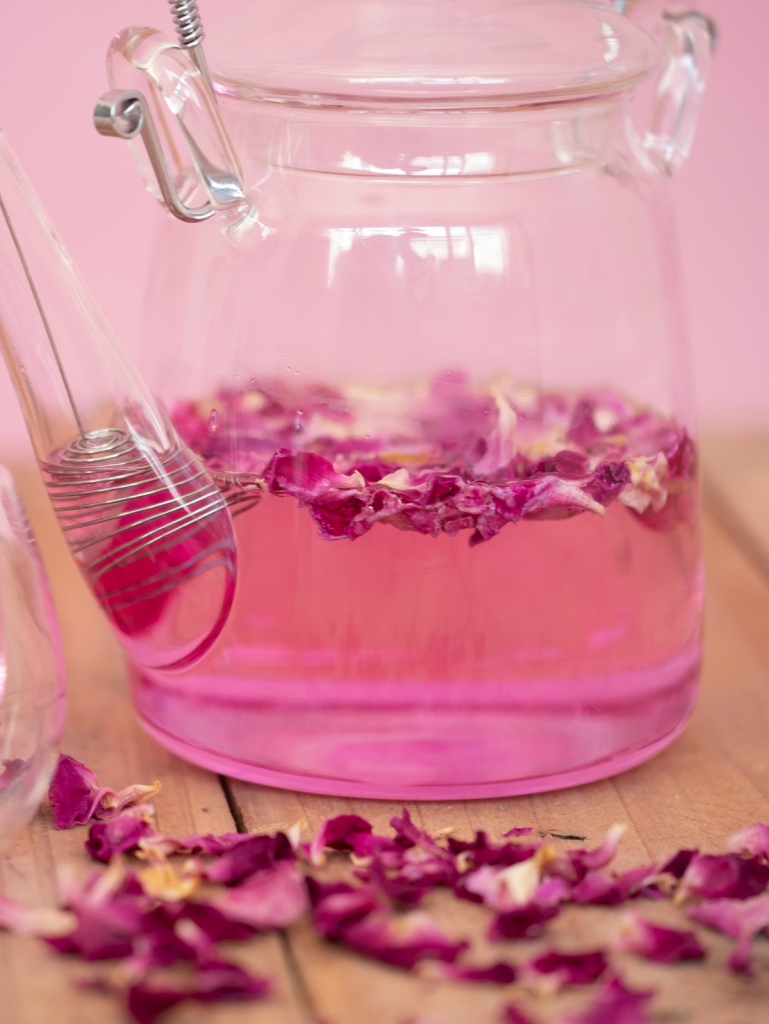
How to Prepare Rose Tea
Are you ready to enjoy a soothing cup of rose tea? This delightful beverage not only offers a calming effect but also boasts a host of health benefits for your immune system, skin health, and more.
Choosing the Right Rose Tea
First things first, selecting the right rose tea sets the foundation for a flavorful experience. Here are some handy tips to guide you:
- Look for Quality Ingredients: Choose loose leaf tea or tea bags made from dried rose petals or rose buds. This ensures you’re getting the most natural essence, rich in antioxidant properties.
- Check the Source: Opt for teas that are sourced organically, free from pesticides and chemicals. Check the label for certifications if possible. Better yet, create your own rose tea by using dried petals.
- Consider the Blend: Rose tea can come standalone or blended with other teas like green, black, or white tea. Each blend offers its unique profile and benefits. Are you looking for a refreshing floral aroma or a more robust combination?
- Examine Freshness: Freshness matters! Look for products with a recent packaging date for the best flavor and nutrient retention.
Brewing Techniques
Now, let’s talk about the art of brewing. The method you choose can significantly influence the taste and aroma of your cup.
- Standard Steeping Method:
- Water Temperature: Heat water to about 194°F (90°C). If you don’t have a thermometer, aim for just before boiling.
- Steeping Time: Let the tea steep for 5-7 minutes. A longer steeping time can bring out more of the floral flavor, but be cautious as it can also become a bit too strong.
- Cold Brew Method:
- This is a great choice for hot summer days. Simply add rose petals or buds to cold water.
- Steeping Time: Let the mixture sit in the refrigerator for 6-12 hours. Enjoy a refreshing, mellow flavor without any bitterness.
- Quick Brew Boil:
- If you’re in a rush, this method works well. Boil water, then add tea.
- Steeping Time: Steep for about 3-5 minutes. This method provides a quick infusion, perfect for a busy morning routine.
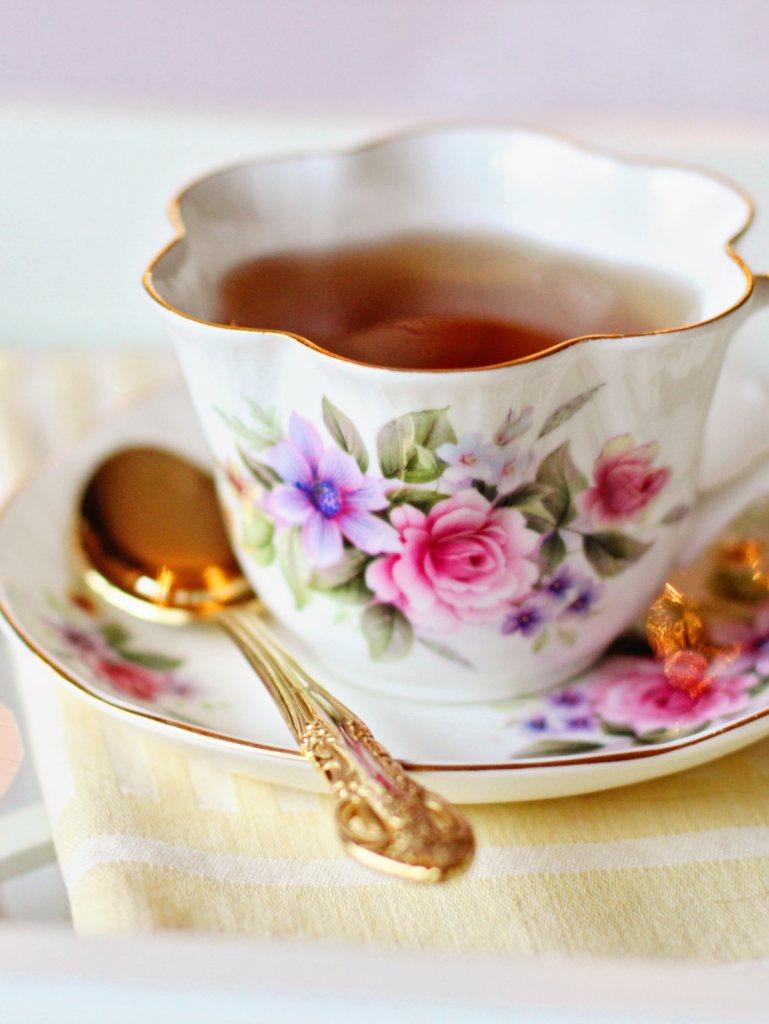
Potential Side Effects and Considerations
Rose tea is often celebrated for its soothing floral aroma and health benefits. However, like all good things, it’s essential to be aware of potential side effects and considerations before adding it to your daily routine.
How Much Caffeine Is In Red Rose Tea
Wondering about caffeine content in red rose tea? Rest easy, as rose tea is naturally caffeine-free! This makes it a perfect choice for people wanting to enjoy a warm, comforting beverage without the jitters from caffeine. It’s an excellent alternative to black or green tea, especially if you’re sipping it in the evening or if you’re sensitive to caffeine.
Allergic Reactions
Though rose tea is generally safe for most people, some might experience an allergic reaction. If you’re allergic to roses or similar plants, it’s wise to start with small amounts. Symptoms to watch for include:
- Skin itching or rashes: Your skin might feel itchy or develop a rash after consuming rose tea.
- Stomach upset: Some individuals might feel nauseous or experience discomfort.
- Breathing difficulties: In rare cases, difficulty breathing can occur, which needs immediate attention.
If you notice any of these symptoms, it’s best to stop drinking the tea and consult with a healthcare professional.
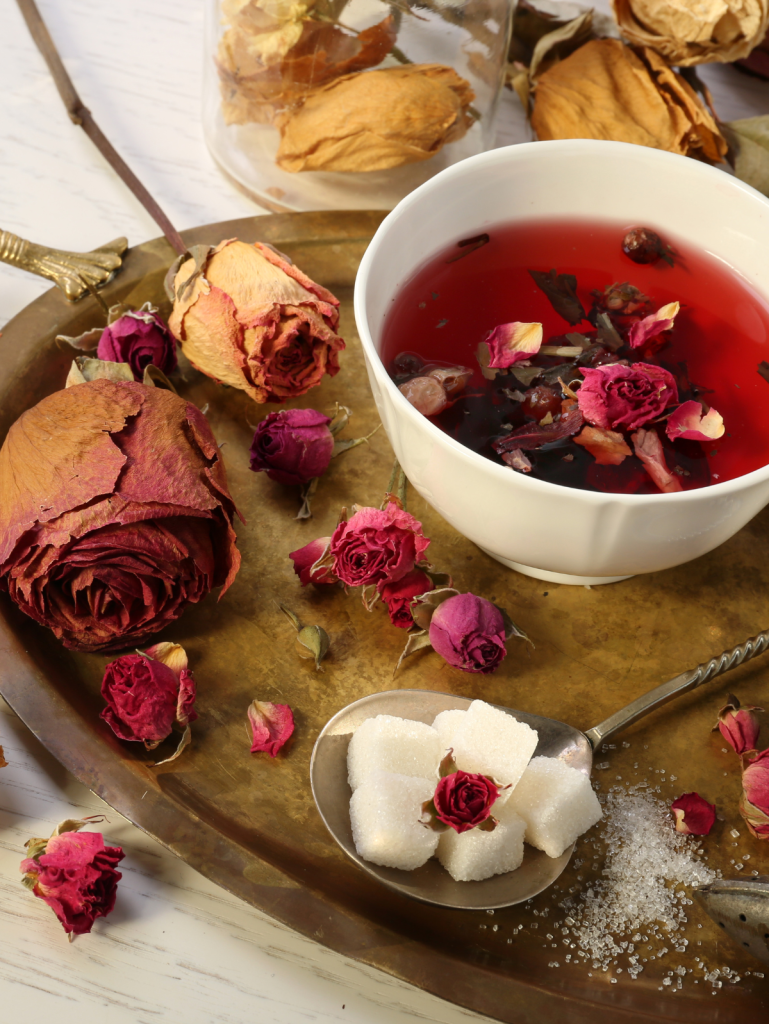
Drug Interactions
Rose tea might interact with certain medications, which is crucial for those on long-term prescriptions. While there are a lot of health benefits of rose tea, here are a few considerations:
- Blood pressure medications: Rose tea may have mild diuretic effects, potentially affecting how your body handles water and salt. This could influence how medications work.
- Antidepressants: The calming effect of rose tea could either enhance or counteract the effects of certain antidepressants.
- Blood thinners: Because of its potential mild effects on blood circulation, it’s a good idea to consult a doctor if you’re taking blood thinners.
Always check with your healthcare provider if you’re on medication and planning to incorporate rose tea into your diet. It’s all about balancing your health choices wisely!
By understanding these potential side effects and considerations, you can enjoy the delightful experience of rose tea while keeping your health in check. Remember, knowledge is your best brew when it comes to wellness!
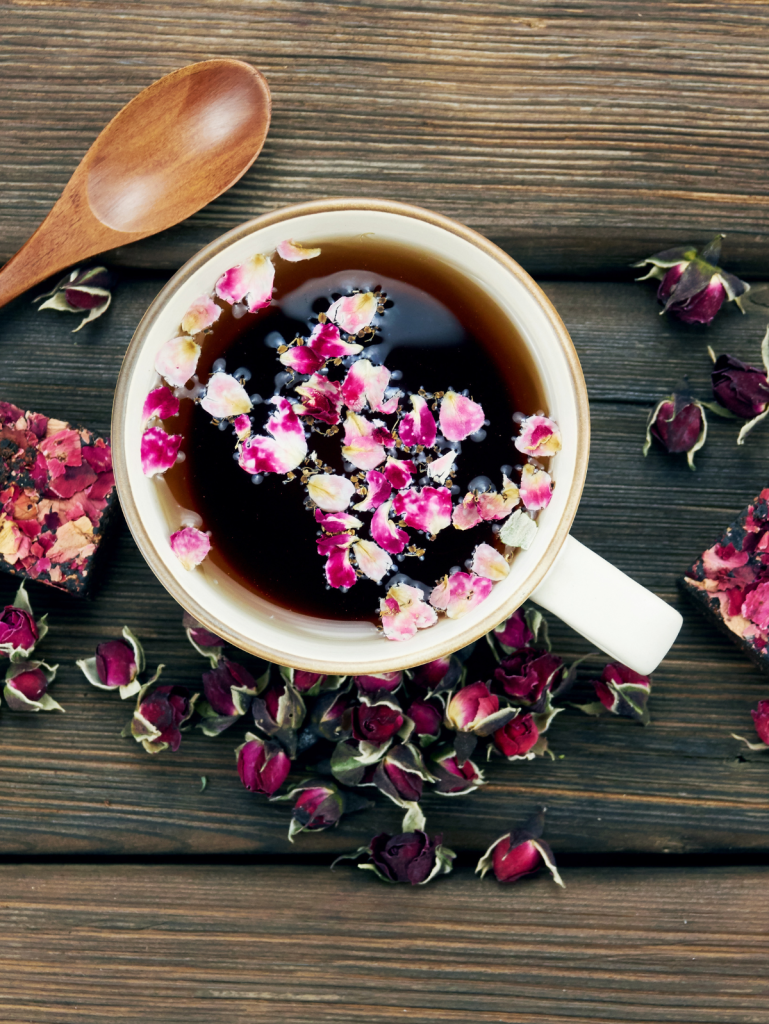
More Healing Herbs
- Lemon Balm for Cold Sores: Natural Relief and Healing Tips
- Home Apothecary Herbs: What to Put in Apothecary Jars in Your Kitchen
- Discover the Numerous Health Benefits of Tulsi Holy Basil
- Uncover the Health Benefits of Elderberry Tea
- Discover the Amazing Benefits of Hibiscus: A Natural Health Booster!

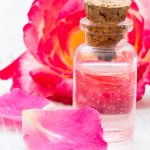


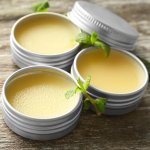


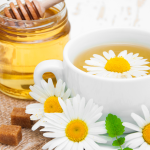

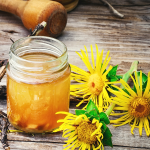
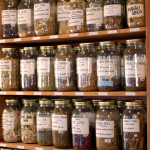
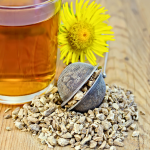

Leave a Reply